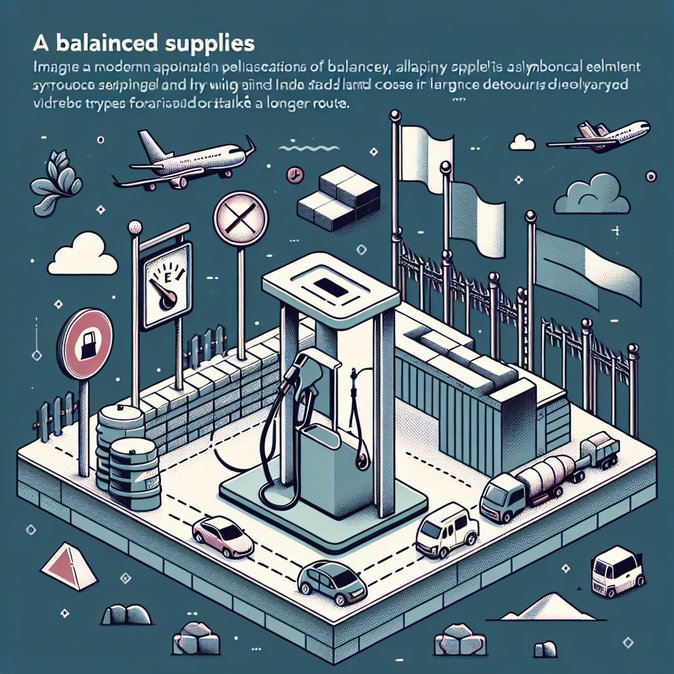
Speaking to his National Coalition Party council on 25 October, Prime Minister Petteri Orpo sought to calm logistics operators worried about last week’s US sanctions on Lukoil, the Russian parent of Finnish fuel retailer Teboil. Orpo said initial monitoring shows “no major disruption” to diesel or petrol supply and ruled out state aid to affected distributors. He also reiterated that Finland’s land border with Russia would remain closed “for the foreseeable future”—a restriction first imposed in December 2023 to counter what Helsinki calls Russia’s ‘instrumentalised migration’.
The reassurance matters to mobility planners because Teboil runs hundreds of stations, many along key trucking corridors used by corporate fleets and relocation firms moving household goods. The prime minister acknowledged that remote regions dependent on Teboil could face spot shortages but said the Transport and Communications Ministry stands ready to grant temporary exemptions that let hauliers refill at military depots if necessary.
Orpo’s comments also confirmed that the government will not yet reopen any of the eight closed eastern border checkpoints despite pressure from haulage associations and family-reunion travellers. Applications for asylum and humanitarian visas will therefore remain centralised at Helsinki Airport and designated seaports, prolonging detours of up to 1,000 km for some travellers.
Finnish customs data show cross-border goods traffic with Russia has already collapsed by 80 % since 2022, forcing freight forwarders to reroute via the Baltic States. Business-travel volumes have fallen even faster: Finavia recorded just 7,000 Schengen entries by Russian passport-holders in Q3 2025, compared with 110,000 in the same quarter of 2019.
For companies operating mobile workforces, the twin pressures of sanctions and border closures mean higher ground-transport costs and longer lead times for assignees arriving overland from Asia. Mobility managers should revisit contingency plans that rely on refuelling at Teboil and continue to advise staff to enter Finland by air or sea. Relocation suppliers are also urged to check that household-goods shipments are insured for extended road legs through Latvia and Lithuania.
The reassurance matters to mobility planners because Teboil runs hundreds of stations, many along key trucking corridors used by corporate fleets and relocation firms moving household goods. The prime minister acknowledged that remote regions dependent on Teboil could face spot shortages but said the Transport and Communications Ministry stands ready to grant temporary exemptions that let hauliers refill at military depots if necessary.
Orpo’s comments also confirmed that the government will not yet reopen any of the eight closed eastern border checkpoints despite pressure from haulage associations and family-reunion travellers. Applications for asylum and humanitarian visas will therefore remain centralised at Helsinki Airport and designated seaports, prolonging detours of up to 1,000 km for some travellers.
Finnish customs data show cross-border goods traffic with Russia has already collapsed by 80 % since 2022, forcing freight forwarders to reroute via the Baltic States. Business-travel volumes have fallen even faster: Finavia recorded just 7,000 Schengen entries by Russian passport-holders in Q3 2025, compared with 110,000 in the same quarter of 2019.
For companies operating mobile workforces, the twin pressures of sanctions and border closures mean higher ground-transport costs and longer lead times for assignees arriving overland from Asia. Mobility managers should revisit contingency plans that rely on refuelling at Teboil and continue to advise staff to enter Finland by air or sea. Relocation suppliers are also urged to check that household-goods shipments are insured for extended road legs through Latvia and Lithuania.





